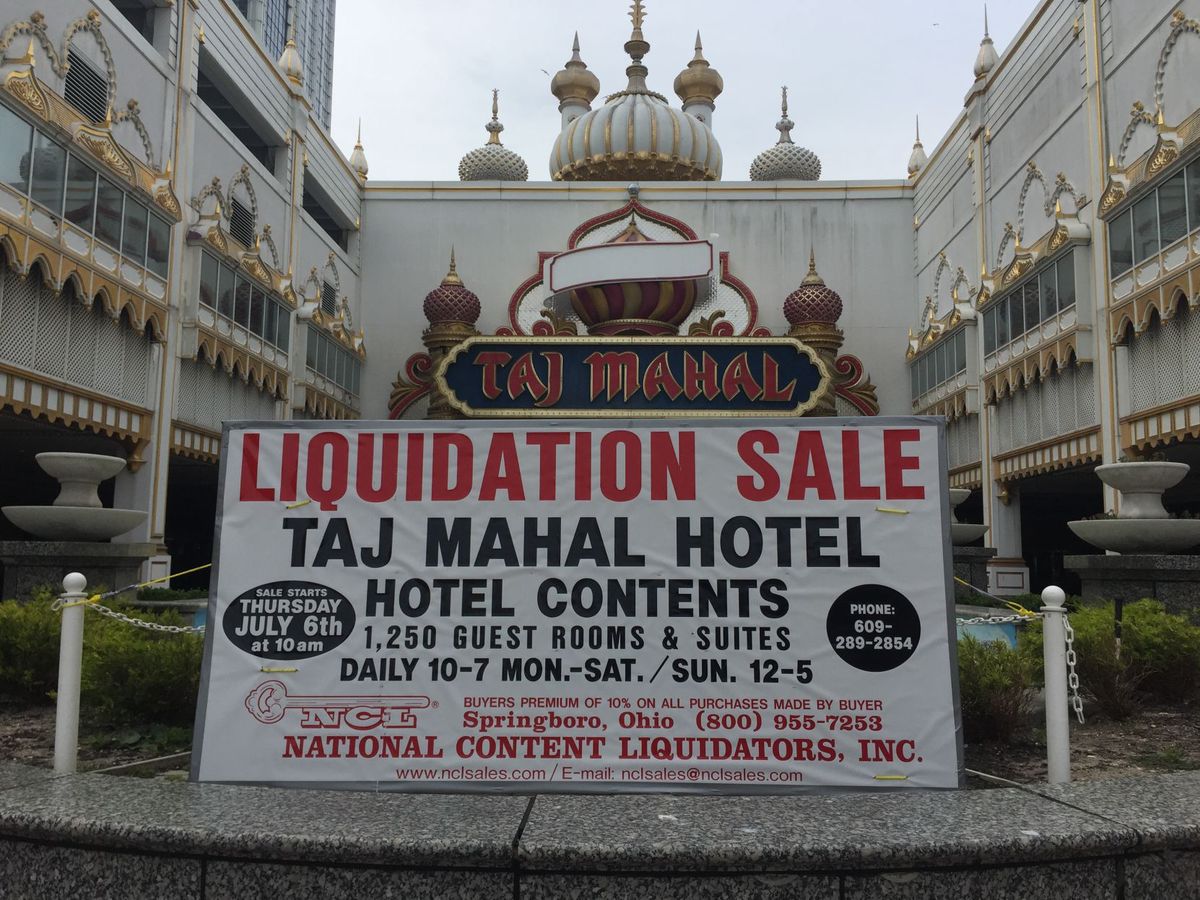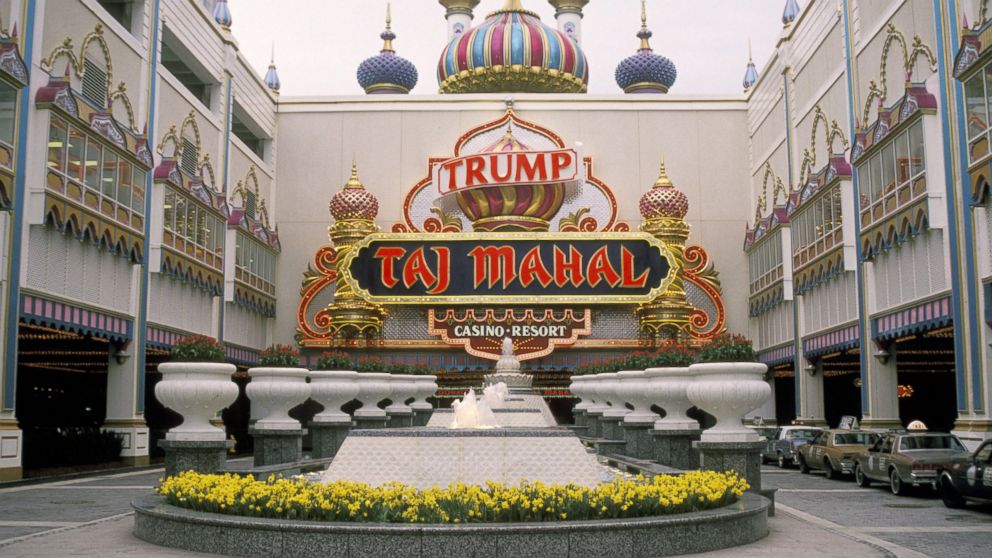Casino Taj Mahal Donald Trump

WASHINGTON, DC – The Financial Crimes Enforcement Network (FinCEN) today imposed a $10 million civil money penalty against Trump Taj Mahal Casino Resort (Trump Taj Mahal), for willful and repeated violations of the Bank Secrecy Act (BSA). In addition to the civil money penalty, the casino is required to conduct periodic external audits to examine its anti-money laundering (AML) BSA compliance program and provide those audit reports to FinCEN and the casino’s Board of Directors.
If Shah Jahan’s Taj Mahal was all about love, the Trump Taj Mahal was an ode to luck. An April 1990 photo of Donald Trump outside Trump Taj Mahal casino. Photo: Jeffrey Asher/ Getty Images Picture taken on 28 March 1990, a few days before the Taj Mahal was first opened by Donald Trump. Photo: Tony Ward/Mirrorpix/Getty Images A room inside the.
Trump Taj Mahal, a casino in Atlantic City, New Jersey, admitted to several willful BSA violations, including violations of AML program requirements, reporting obligations, and recordkeeping requirements. Trump Taj Mahal has a long history of prior, repeated BSA violations cited by examiners dating back to 2003. Additionally, in 1998, FinCEN assessed a $477,700 civil money penalty against Trump Taj Mahal for currency transaction reporting violations.
- President Donald Trump opened the Taj Mahal in 1990, proclaiming it to be 'the eighth wonder of the world.' But within a year it had filed for bankruptcy, crippled by choking debt.
- It was April 1990, and the palatial Trump Taj Mahal casino in Atlantic City was sold out on its opening week, drawing crowds by the thousands. Trump paraded around with A-listers from Michael.
- At the nearly deserted eastern end of the boardwalk, the Trump Taj Mahal, now under new ownership, is all that remains of the casino empire Donald J. Trump assembled here more than a quarter.
Casino Taj Mahal Donald Trump Tweet

'Trump Taj Mahal received many warnings about its deficiencies,' said FinCEN Director Jennifer Shasky Calvery. 'Like all casinos in this country, Trump Taj Mahal has a duty to help protect our financial system from being exploited by criminals, terrorists, and other bad actors. Far from meeting these expectations, poor compliance practices, over many years, left the casino and our financial system unacceptably exposed.'
Casino Taj Mahal Donald Trump Supporters
Trump Taj Mahal admitted that it failed to implement and maintain an effective AML program; failed to report suspicious transactions; failed to properly file required currency transaction reports; and failed to keep appropriate records as required by the BSA. Notably, Trump Taj Mahal had ample notice of these deficiencies as many of the violations from 2012 and 2010 were discovered in previous examinations.
Director Shasky Calvery expressed her appreciation to the Internal Revenue Service, Small Business/Self-Employed Division, which performed the examinations of Trump Taj Mahal, for their contributions to the investigation and for their strong partnership with FinCEN. She also thanked the Commercial Litigation Branch of the U.S. Department of Justice for their assistance with this enforcement action.
Trump Taj Mahal petitioned for bankruptcy in September 2014. That bankruptcy remains pending. The Bankruptcy Court approved of Trump Taj Mahal’s settlement on March 4, 2015.
FinCEN seeks to protect the U.S. financial system from being exploited by illicit actors. Its efforts are focused on compromised financial institutions; third-party money launderers; transnational organized crime; terrorist and other security threats; significant fraud; and threats to cyber security. FinCEN has a broad array of enforcement authorities to target both domestic and foreign actors affecting the U.S. financial system.
FinCEN's mission is to safeguard the financial system from illicit use and combat money laundering and promote national security through the collection, analysis, and dissemination of financial intelligence and strategic use of financial authorities.
The new European data protection law requires us to inform you of the following before you use our website:
We use cookies and other technologies to customize your experience, perform analytics and deliver personalized advertising on our sites, apps and newsletters and across the Internet based on your interests. By clicking “I agree” below, you consent to the use by us and our third-party partners of cookies and data gathered from your use of our platforms. See our Privacy Policy and Third Party Partners to learn more about the use of data and your rights. You also agree to our Terms of Service.